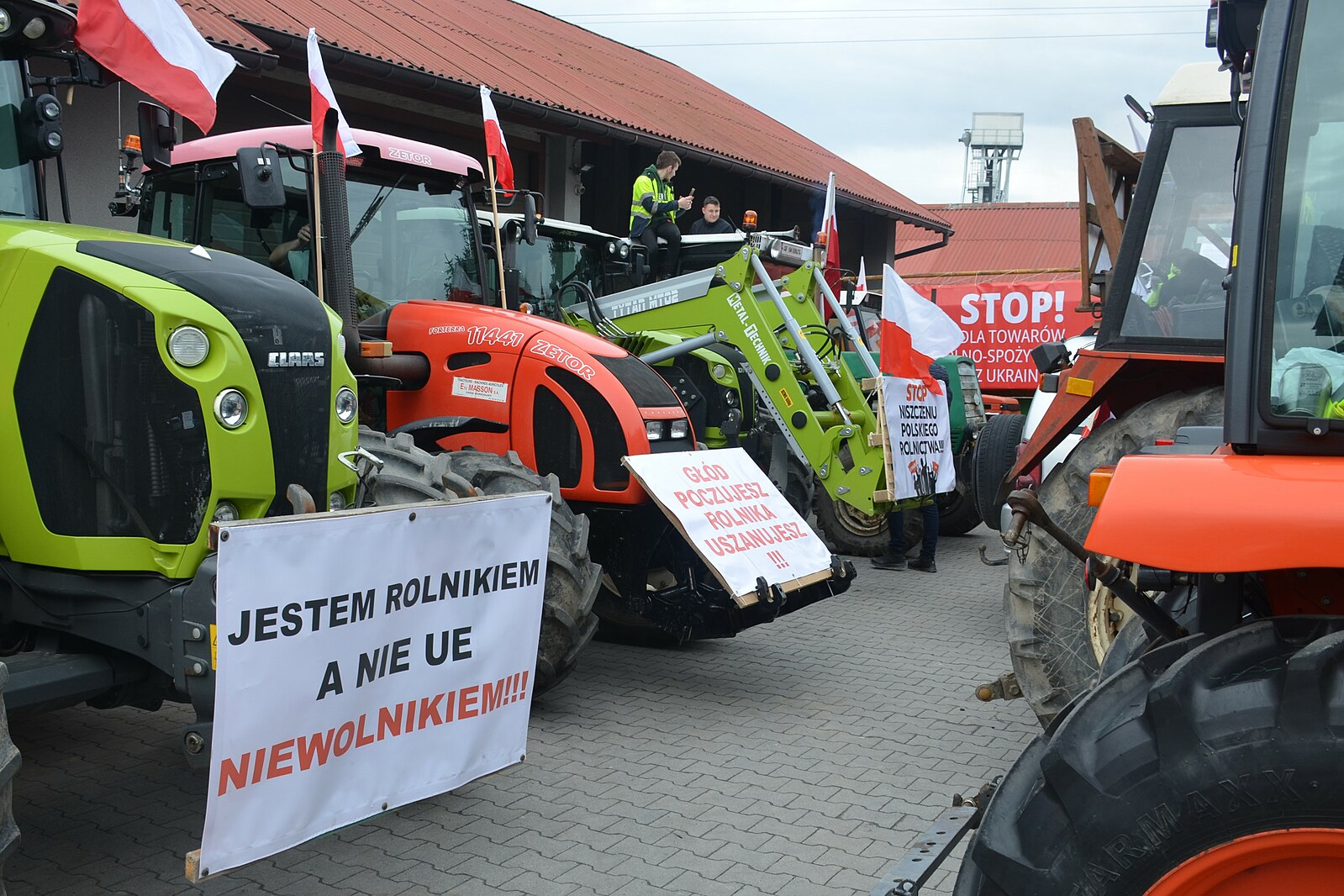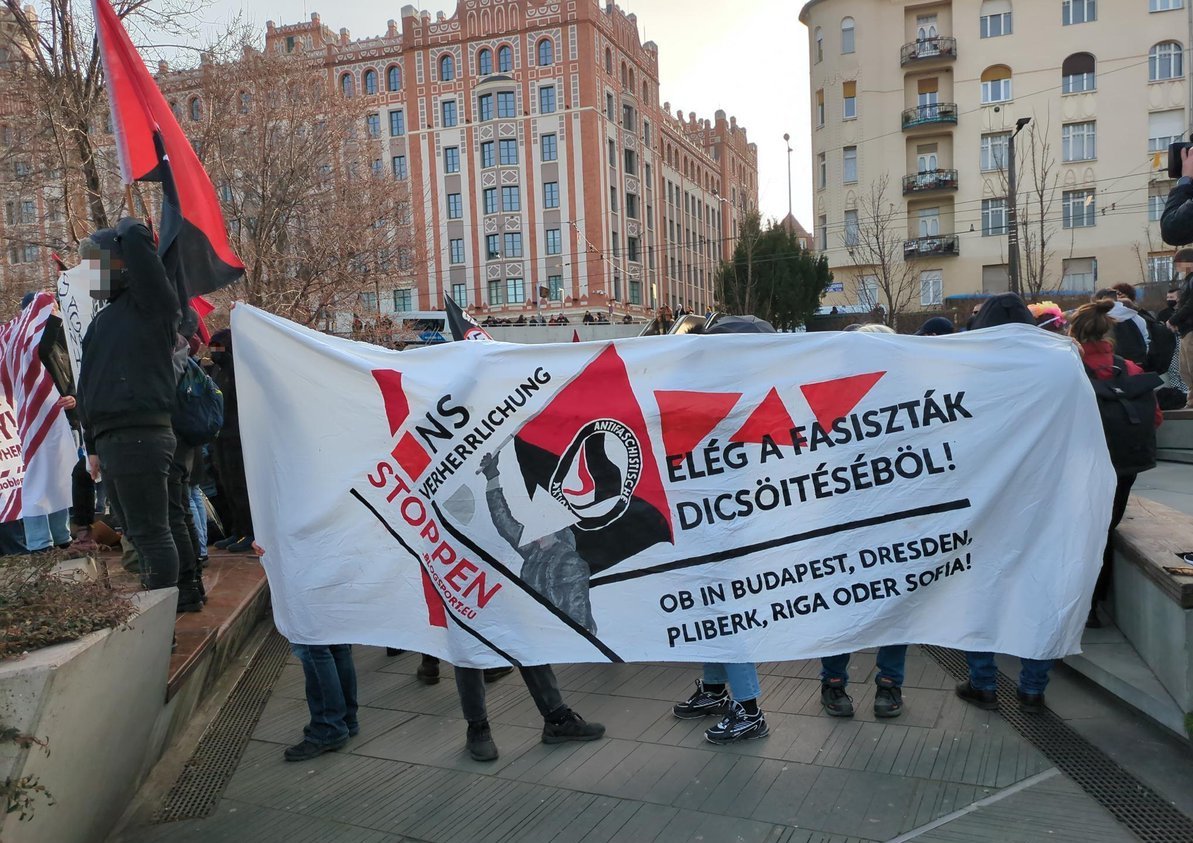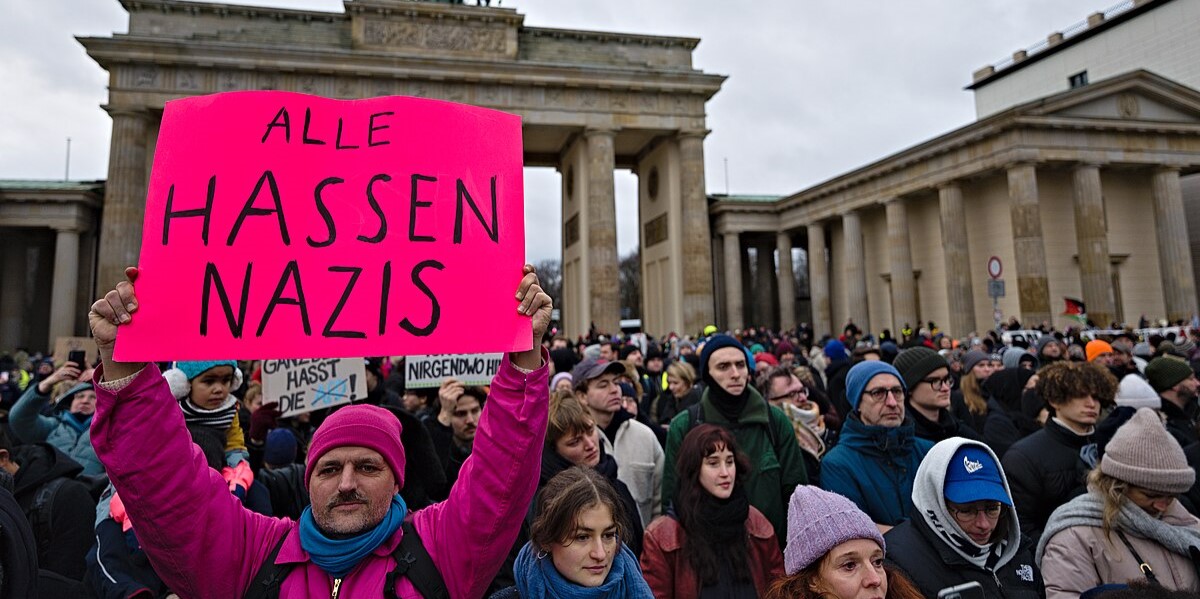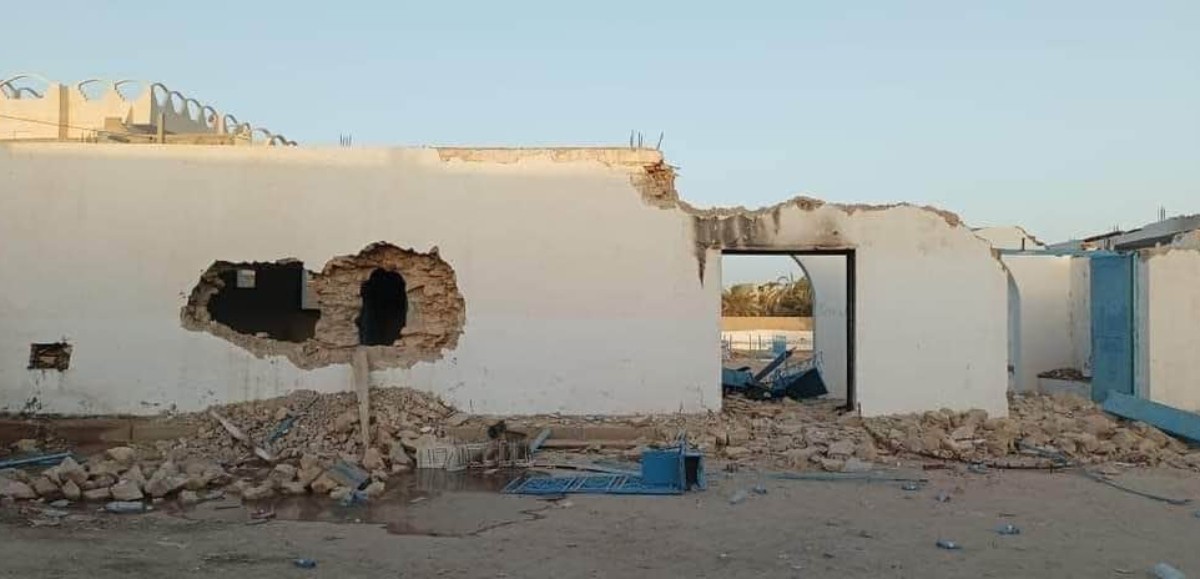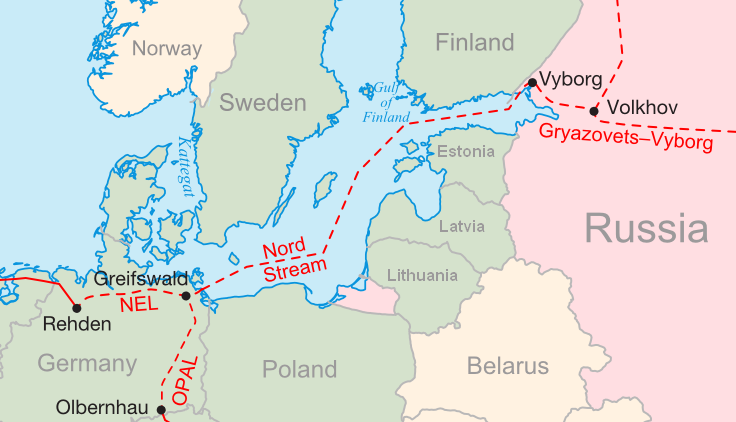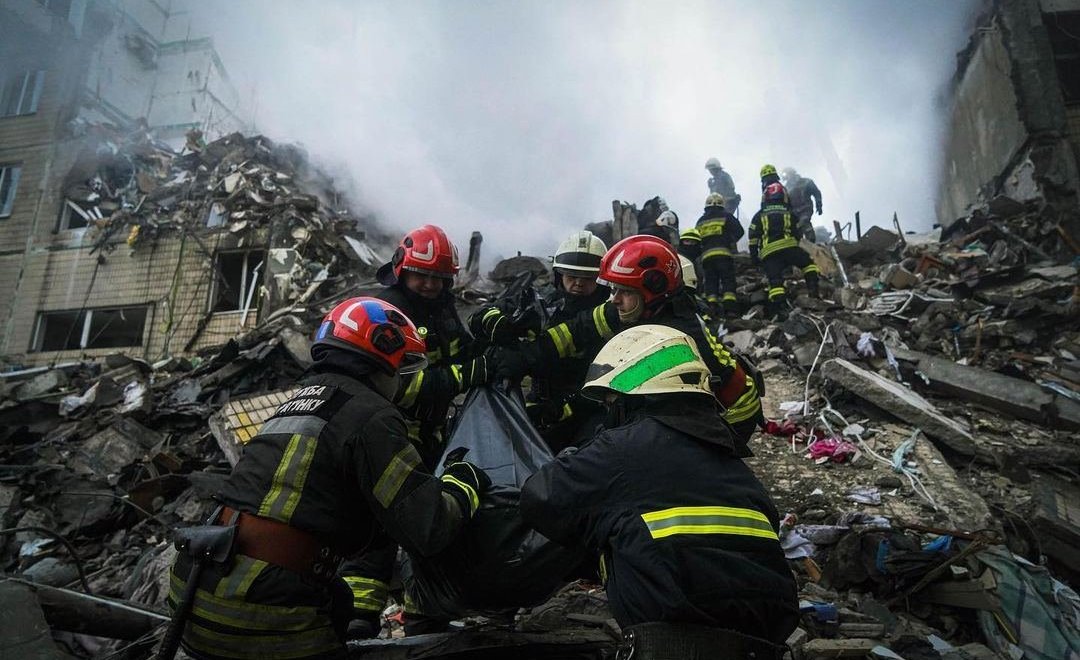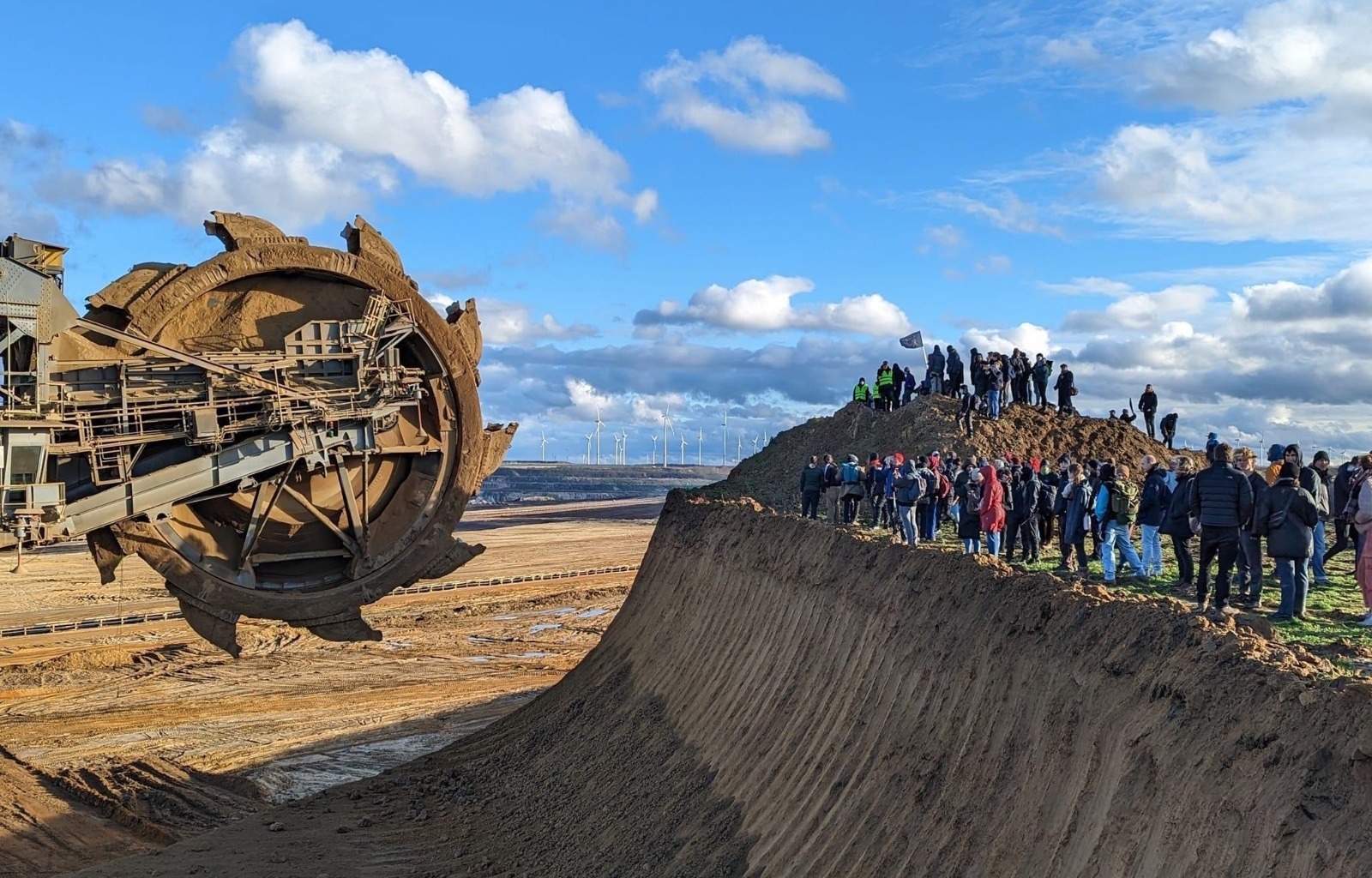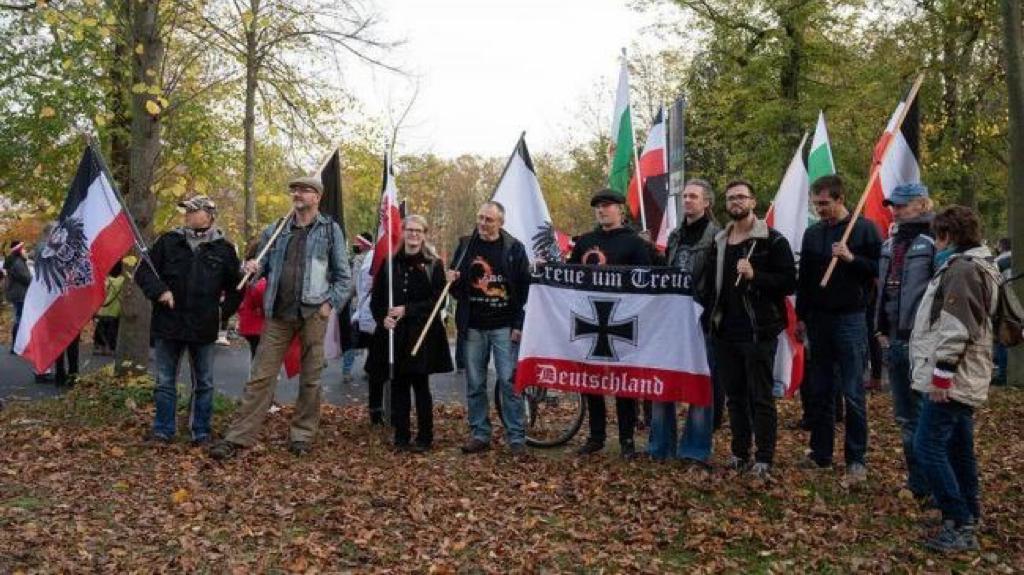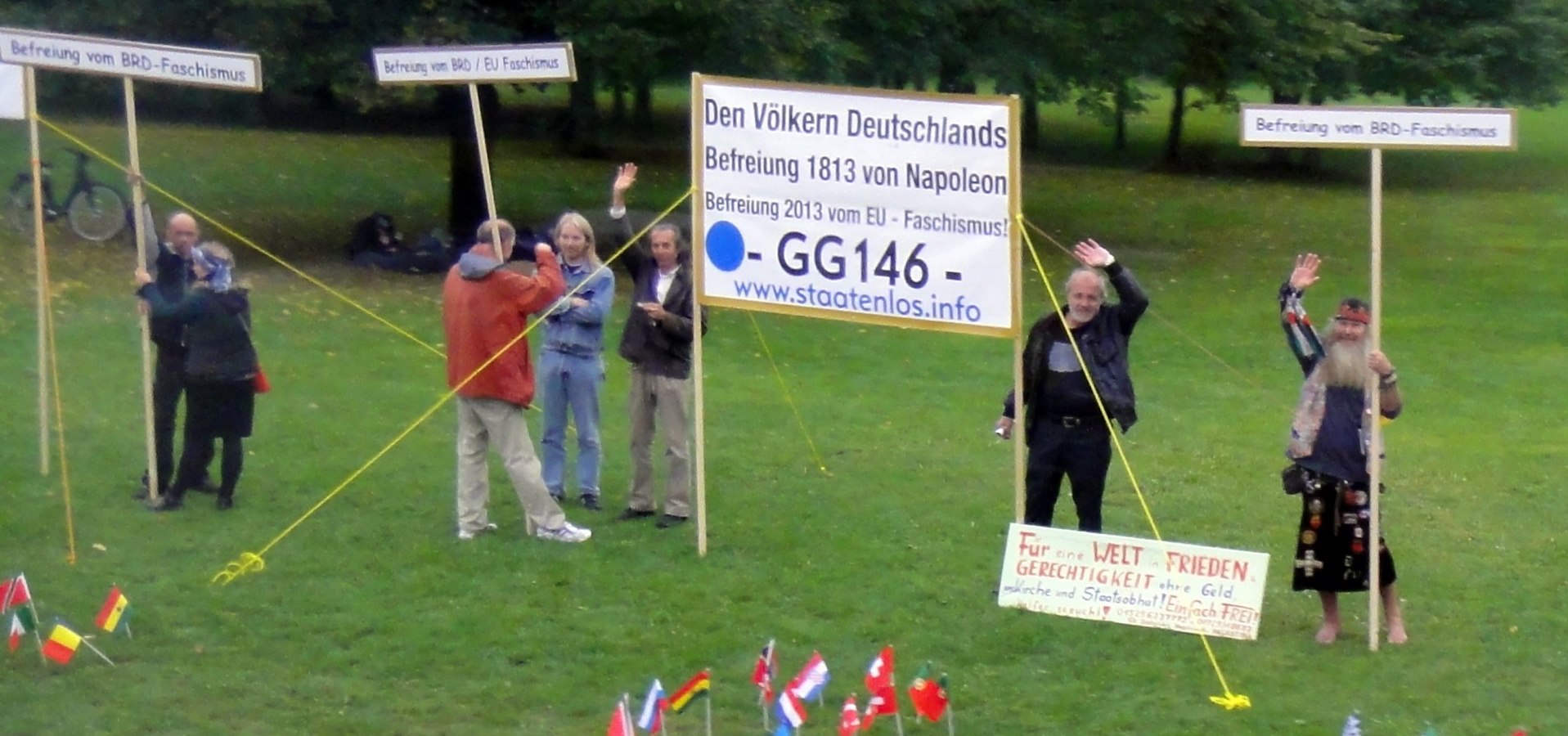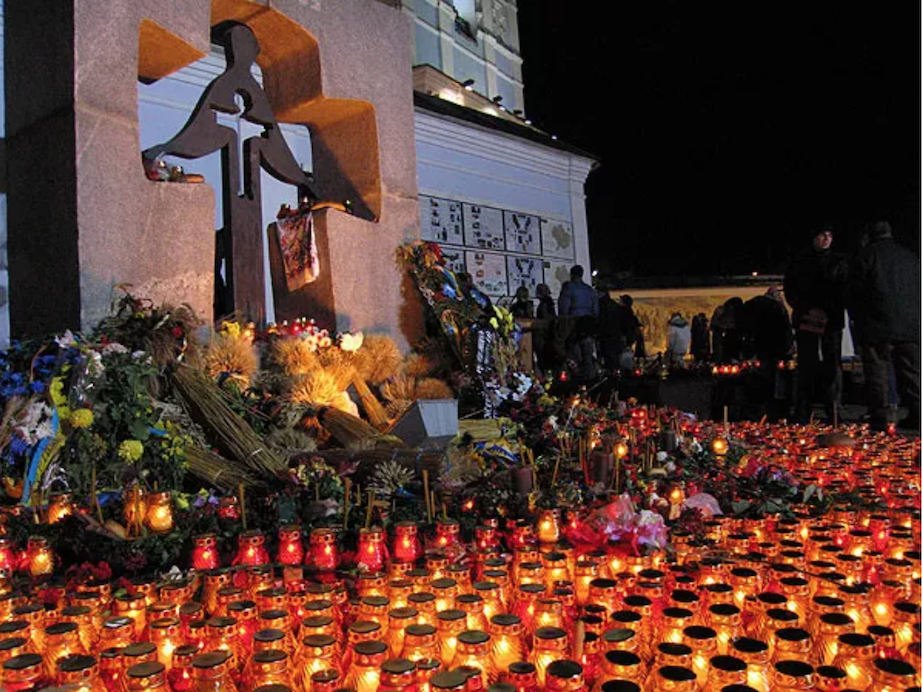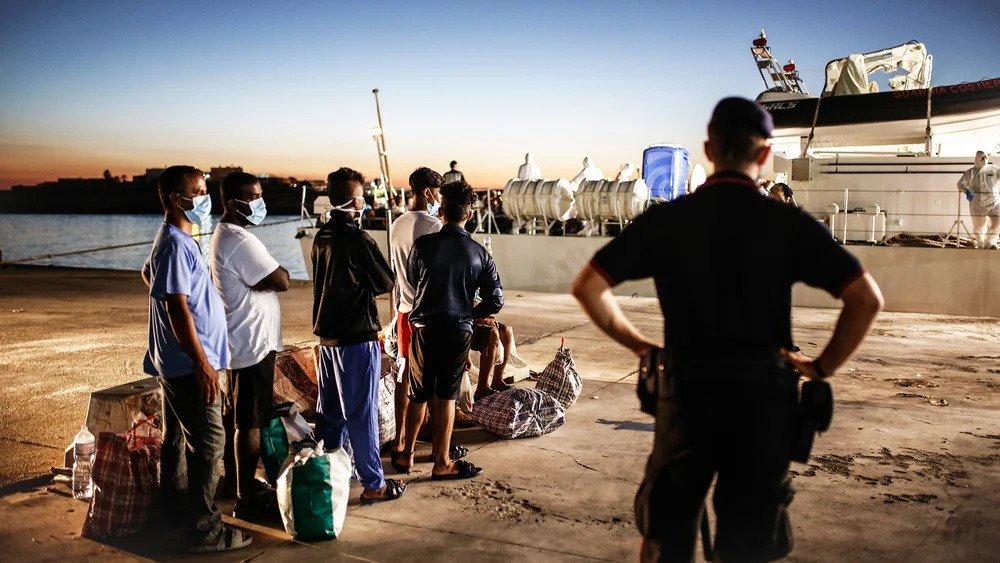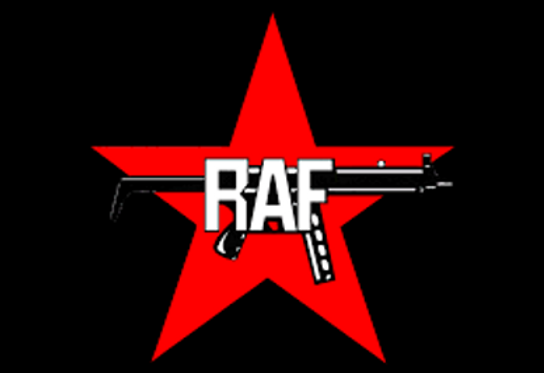
Germany: RAF fugitive remanded in custody
A former member of the Red Army Faction (RAF) arrested in Berlin after 30 years on the run has been remanded in custody. Daniela Klette was apprehended following an informant’s tip, prosecutors announced. A second suspect was also detained in the operation, although authorities later determined that he is not tied to the group. Popularly known as the Baader-Meinhof Gang, the RAF has carried out a series of bombings, assassinations, kidnappings, robberies and shoot-outs with the police since the 1970s. Fugitive members of the group are on the EU’s most wanted list. (Image via Janus)



